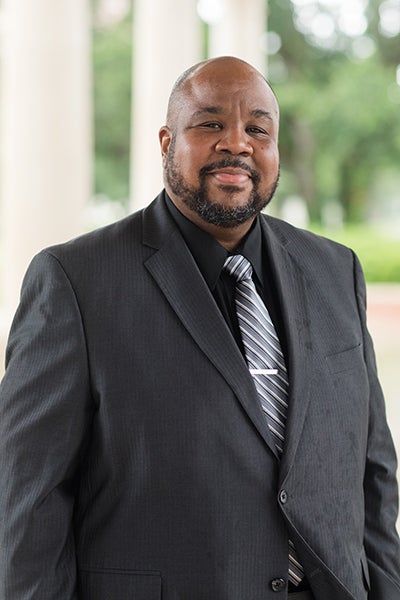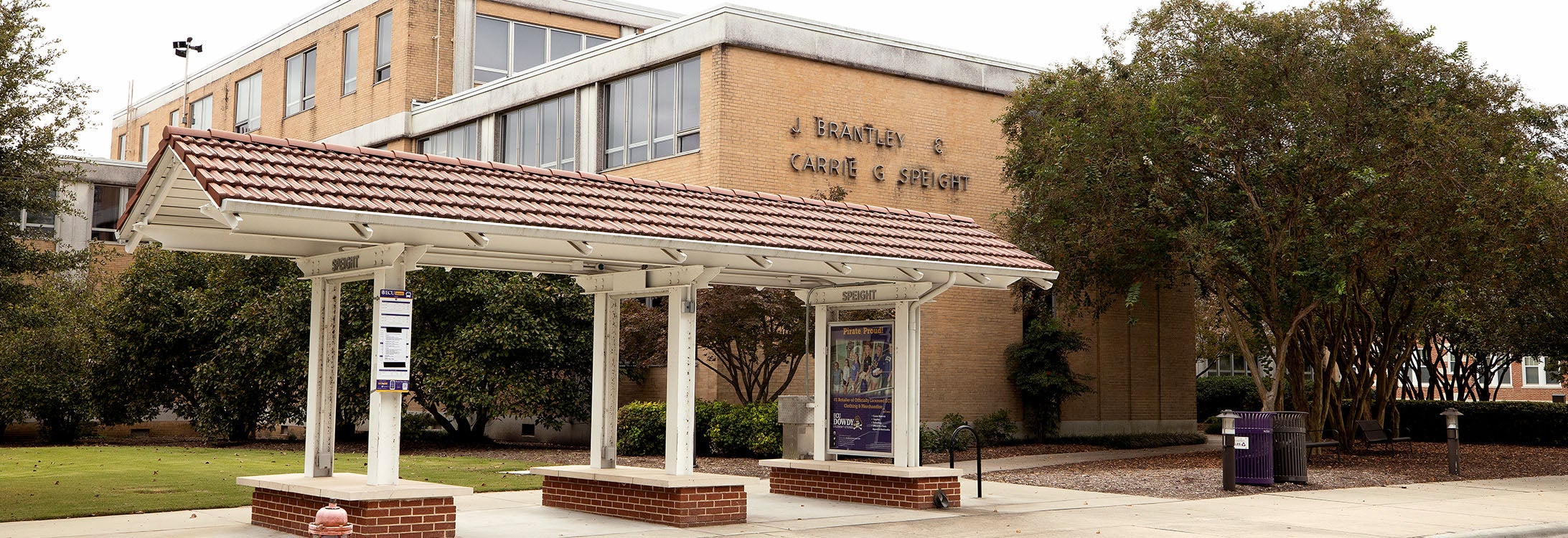LITERACY LEADER
Green named dean of ECU College of Education
André Green has been named dean of the East Carolina University College of Education, effective July 19. Green comes to ECU from the University of South Alabama, where he served as professor of leadership and teacher education and associate vice president for academic affairs.
“I am excited that Dr. André Green will be joining ECU as the next dean of ECU’s College of Education,” said Provost Robin Coger. “Dr. Green has deep faculty and leadership expertise, and an impressive record of attracting extramural dollars in support of teacher training and community partnerships.

University of South Alabama professor of leadership and teacher education and associate vice president for academic affairs André Green has been named dean of ECU’s College of Education. (Contributed photo)
“Furthermore, he is a collaborative and discerning leader, which when combined with the existing strengths intrinsic to ECU’s College of Education, will ensure that ECU continues to positively impact K-12 education for many years to come. I am also grateful to Dr. Art Rouse for his leadership and service as the interim dean of the College of Education over the last few years.”
Green earned his bachelor’s degree from Alabama State University, a Master of Science in chemistry from Hampton University, and education specialist and doctoral degrees from Virginia Tech. At the University of South Alabama, he also served as chair of the Department of Leadership and Teacher Education, associate dean of the College of Education and Professional Studies, and executive director of the Center for Integrative Studies in Science, Technology, Engineering and Mathematics.
Green said much of his career has centered on efforts to improve literacy, and he plans to continue those efforts at ECU.
“During my career I have designed and implemented summer science, mathematics and reading enrichment programs for elementary and middle school students,” he said. “Although I absolutely love science and mathematics, literacy (and) reading was at the center of the program because knowing how to read directly impacts performance in science and mathematics. It is harder to do science and mathematics effectively if you cannot read. In fact, life is just harder when a person does not know how to read or write effectively.”
A strong literacy program in the College of Education is critical because the college trains the teachers who will impact the lives of students throughout the region, the state and beyond.
“Preparing teachers to meet this challenge is imperative to the economic future of the next and future generations,” Green said.
Green also said the university’s mission resonated with him.
“ECU was founded to assist in raising the standard of living through education for those in eastern North Carolina, which is highly rural. I grew up in southeast Georgia in a little community named Cross-Green in Emmanuel County. You don’t get much more rural than where I was raised. So, in essence, ECU was created to support those who grew up in rural environments like me, and I have a real appreciation for that mission,” he said.
Green acknowledged the challenges of addressing a local and national shortage of teachers and said he wants to see ECU’s College of Education take the lead in changing the negative narrative about becoming a teacher because attracting education students, providing them with opportunities for growth and development, and producing strong teachers is essential to the growth and advancement of the region and the state.
The undergraduate teacher preparation program at ECU was recognized by the National Council on Teacher Quality (NCTQ) as among the best in the nation in preparing future elementary teachers to teach children to read, earning an A+ distinction in NCTQ’s new report, Teacher Prep Review: Strengthening Elementary Reading Instruction. The program is among just 48 nationwide and five in North Carolina highlighted by NCTQ for going above and beyond the standards set by literacy experts for coverage of the most effective methods of reading instruction — often called the science of reading.
